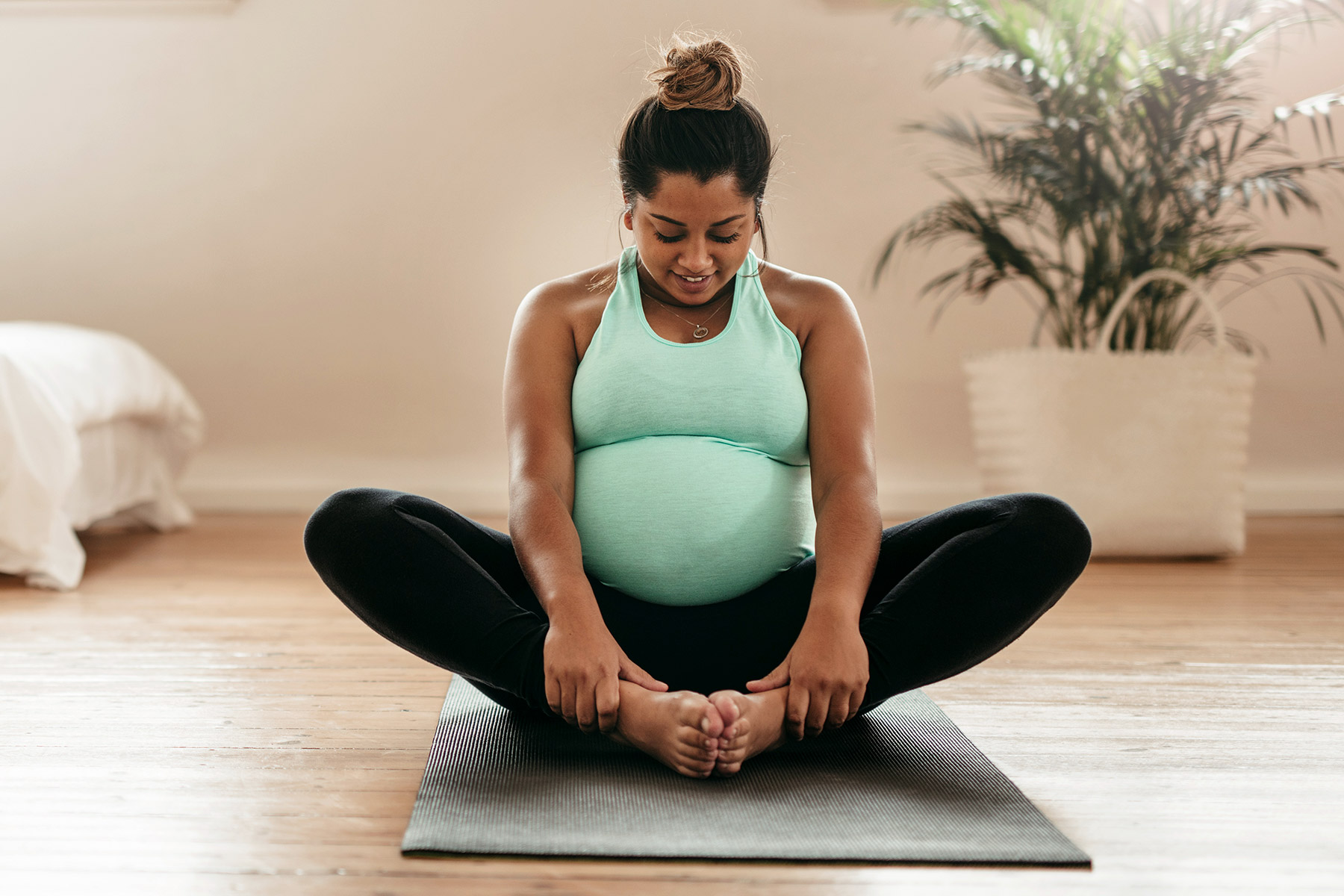
A time of excitement and anxiety is pregnancy. For pregnant women, the truth is that their actions may impact their pregnancies and their unborn babies. As such, in order to mitigate risk and safeguard the health of their child, they need to know what they should and should not do. While this advice used to come from doctors, a few books, and some family and friends, women are now bombarded in the internet age with facts and suggestions.
Before your little bundle of joy comes, it is your responsibility to help them grow in a nurturing and healthy environment. This list of do’s and don’ts of pregnancy will shed some light on what you should stress about, and what you shouldn’t really fret about.
Dos during pregnancy

- Work out: Gone are the days of pregnant women avoiding finger-lifting during pregnancy: we now know that exercise is good for both mom and baby. If you have been exercising regularly before you became pregnant, keep it up. Talk to your doctor about any adjustments you may need to make to your routine, especially as you move into the second and third trimesters. Ask your doctor about incorporating a fitness routine into your day if you didn’t exercise regularly before you found out you were expecting. They can guide you to a program that is safe and comfortable for you and your growing child.
- Practice Yoga: You should avoid Bikram or hot yoga, but while you’re expecting, other yoga modalities are perfect. Seek out lessons in prenatal or gentle yoga intended for mothers-to-be. In these lessons, teachers will understand which poses are best and which you should stop. Speak to your doctor before signing up for a class if you weren’t practicing yoga before you were pregnant. Although it is possible to start, it is best to speak to your doctor about the risks and concerns.
- Sleep a lot: During your nine months of pregnancy, changing hormone levels, anticipation, and anxiety can make sleep elusive. Pregnancy is demanding, particularly in the final trimester, and you’re going to need your sleep. If you feel exhausted, plan naps whenever you can, take a short snooze. Set your bedtime and stick to it. Every night, strive for 7-9 hours of sleep. Fatigue is a sign that more rest is needed for your body, so give yourself all the sleep you can.
- Take Pre-natal Vitamins: The best way to provide your body with all of the healthy nutrients it needs to support a growing baby is to eat a balanced diet rich in vitamins and minerals. However, a healthy diet alone might not be enough for pregnancy. Prenatal vitamins contain higher levels of certain nutrients that are required at higher doses by expectant mothers. These vitamins help the fetus properly develop and help prevent birth defects. Your doctor can help you find the most suitable multivitamin or series of vitamins for you.
- Eat smartly: The recommendation of “eat for two” to pregnant mothers is not a license to eat whatever you want. Women ought to be strategic about when and how much they eat. During pregnancy, gaining a lot of weight can do your baby more harm than good. You only need about 100 extra calories a day during your first trimester to help your growing fetus. The additional calorie number is closer to 300 to 500 per day by your third trimester.
Don’ts during Pregnancy

- Do not forget to stay hydrated: When you’re pregnant, it’s tough to remain hydrated because a lot of the fluid you drink spills from your blood vessels into your tissues. Yet hydration is necessary to avoid preterm labor; the body releases a hormone that simulates contractions when you are short of fluids. Staying hydrated also helps to avoid headaches, kidney stones, dizziness, and common symptoms including constipation and hemorrhoids from pregnancy. When your urine is light yellow or clear, you know you’re well hydrated.
- Do not consume alcohol: Alcohol will significantly affect the development of your infant. Women People who drink alcohol during pregnancy may give birth to a child with fetal alcohol syndrome (FAS). There can be an issue with even small quantities of alcohol. In pregnancy, there appears to be no healthy level of alcohol consumption. Speak with your doctor as soon as possible if you need help stopping drinking when you’re pregnant. The earlier you get care, the safer the baby will actually be.
- Do not eat processed meats and cheese: Deli meats, including hot dogs, sausages, smoked salmon, and other meat products cause foodborne illness, such as listeriosis and toxoplasmosis. For bacterial growth, meats that are sliced have much more surface area. Cooking these processed proteins thoroughly reduces your risk. Consuming pasteurized (not raw) milk and cheese is also essential. To help remove harmful bacteria, always wash produce. Calcium is very important for growing babies, but moms need to be careful how they get their calcium from milk. Raw milk is not recommended for expectant mothers since it is unpasteurized. This means that it wasn’t heated to kill the bacteria that could make you sick.
- Do not smoke: Babies born to women who smoke during pregnancy are more likely than those born to non-smoking mothers to have a lower birth weight and are at a higher risk for learning disabilities. Additionally, because of physiological nicotine addiction, children born to women who smoke are more likely to try smoking at a younger age and become frequent smokers earlier.
- Do not Soak in hot water: The high-heat climate of hot tubs, Jacuzzis, and saunas, while soothing, might be too risky for expecting mothers. Research actually shows that the risk of miscarriage may be doubled by using one of these during the first trimester. Soaking in hot water will increase the temperature of the body, causing the baby to have complications, including increasing the risk of birth defects.
Kritika is a freelance content writer with Femsay.com

